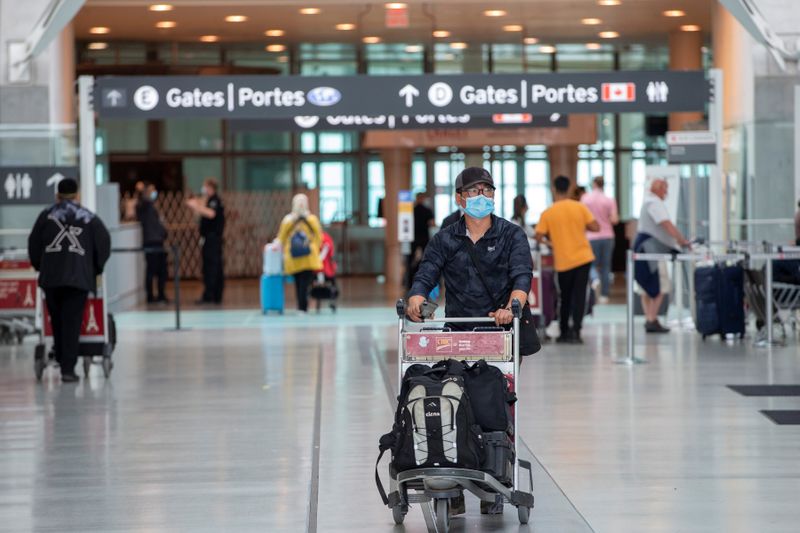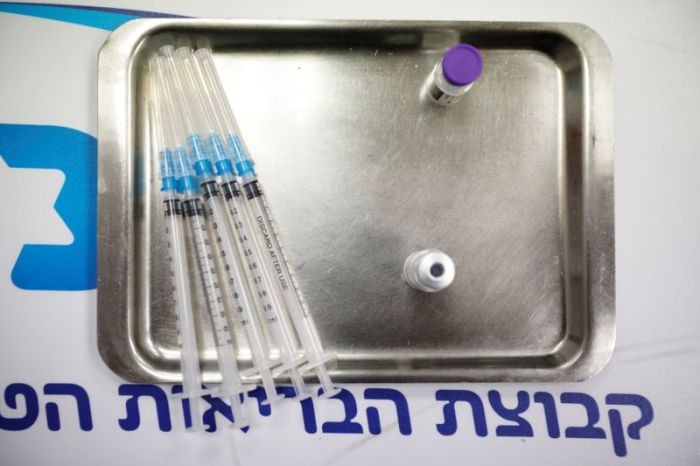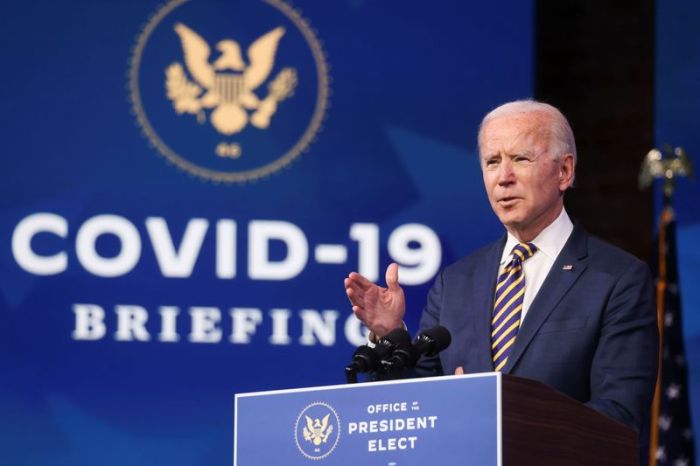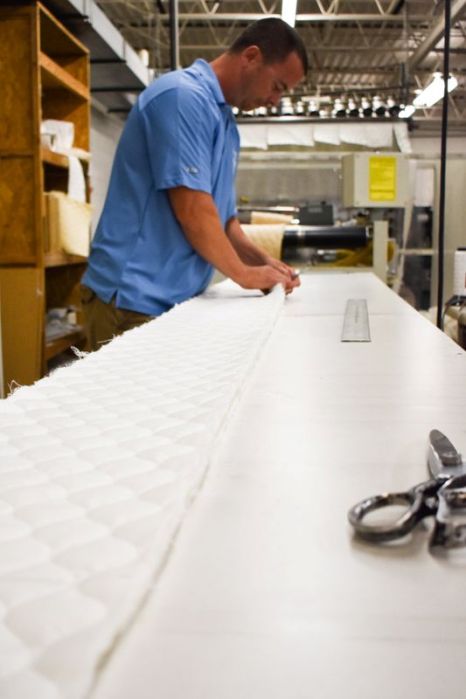MONTREAL (Reuters) -The Canadian province of Quebec on Tuesday urged the federal government to require COVID-19 testing for residents returning from year-end vacations, after images of maskless tourists frolicking on overseas beaches hit social media as cases rose.
Canada’s travel restrictions are among the world’s toughest, with non-essential foreigners normally denied entry and citizens returning from abroad mandated to quarantine.
But a second wave of the novel coronavirus has led to calls for increased airport testing, as hospitals fill up in the country’s two most populous provinces.
Quebec Health Minister Christian Dubé said he is asking for vacationers returning to the province to be tested before departure, and stricter enforcement of a 14-day quarantine after they are home. Both Quebec and Ontario have asked the government for airport testing for international arrivals.
Dubé said his office was conferring with Canadian Minister of Health Patty Hajdu.
“The federal government tells us about the implementation of these measures in early January,” he told reporters. “To us this is not fast enough.”
Quebec, which has shuttered all non-essential businesses and limited restaurant service to take-out, on Tuesday reported an additional 2,381 cases and 64 deaths, stressing the health system, Dubé said.
COVID-19 cases in Canada reached 555,207 as of Dec. 28.
The Public Health Agency of Canada said in a statement that travel is down 90% at airports compared with the previous year, and only around 2% of all known COVID-19 cases in Canada have originated from travel outside the country.
Canada, which advises against non-essential travel, will continue to use “science and evidence” to inform any steps on border measures, it said.
The province of Alberta has been running a pilot program since November that offers travellers returning to Calgary International Airport a Covid-19 test.
Premier Jason Kenney urged the federal government to roll out a similar program at other major airports across Canada.
“We are able to pick up those who test positive right away, so we are able to intervene much more quickly,” Kenney told a news conference on Tuesday.
(Additional reporting by Nia Williams in Calgary; Editing by Dan Grebler and David Gregorio)

























